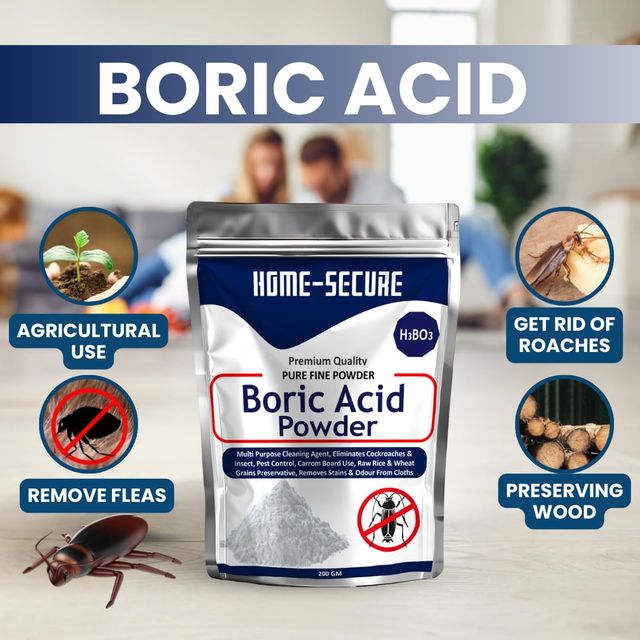Thiamine and Beriberi- How Deficiency Affects the Body
Beriberi is a disease caused by a deficiency in vitamin B1, also known as thiamine. This vitamin plays a crucial role in the metabolism of carbohydrates and the proper functioning of the nervous system. A deficiency in thiamine can lead to a range of symptoms that affect the cardiovascular, muscular, and nervous systems. The condition is primarily associated with malnutrition, but can also occur due to alcohol abuse, certain medical conditions, or a diet that lacks sufficient thiamine.
History of Beriberi
The term “beriberi” is derived from the Sinhalese word “beriberi,” which means “I cannot, I cannot,” reflecting the weakness and fatigue experienced by individuals suffering from the disease. Beriberi has been known for centuries, especially in regions where polished rice is a dietary staple, but its relationship to thiamine deficiency was not discovered until the late 19th and early 20th centuries. Japanese doctor Takaki Kanehiro is often credited with identifying beriberi as a nutritional deficiency in the 1880s.
Symptoms of Beriberi
The symptoms of beriberi can vary depending on the form of the disease. Beriberi is typically categorized into two types: wet beriberi and dry beriberi.
Wet Beriberi
Wet beriberi primarily affects the cardiovascular system, leading to symptoms such as:
- Swelling in the lower legs or ankles
- Shortness of breath
- Rapid heart rate or palpitations
- Edema (fluid retention) in the body
- Difficulty breathing, especially when lying down
This form of beriberi is associated with the failure of the heart and circulatory system. If left untreated, wet beriberi can progress to a serious condition called congestive heart failure, where the heart’s ability to pump blood is severely compromised.
Dry Beriberi
Dry beriberi affects the nervous system and is characterized by:
- Muscle weakness
- Loss of sensation in the hands and feet
- Difficulty walking or coordinating movement (ataxia)
- Painful cramps in the limbs
- Mental confusion or memory loss (in extreme cases, this can progress to a state of encephalopathy, known as Wernicke-Korsakoff syndrome)
The neurological symptoms of dry beriberi are caused by damage to the peripheral nervous system, particularly to the nerves responsible for muscle coordination and sensation.
Infantile Beriberi
Infants can also suffer from beriberi, especially if they are exclusively breastfed by mothers who have a thiamine deficiency. Symptoms in infants can include:
- Vomiting
- Poor feeding
- Weak cry
- Difficulty breathing
- Seizures
Without treatment, infantile beriberi can lead to death, making it a particularly dangerous condition for young children.
Causes and Risk Factors
The primary cause of beriberi is a deficiency of thiamine, which is essential for converting carbohydrates into energy and for maintaining healthy nerve cells. Thiamine is found in a variety of foods, including whole grains, legumes, nuts, seeds, and pork. However, several factors can lead to inadequate intake or absorption of this vitamin.
1. Dietary Deficiency: Beriberi is most common in populations whose diets consist mainly of polished rice or other refined grains. The milling process removes the outer layers of rice, where most of the thiamine is concentrated. People who rely heavily on processed foods with low thiamine content are at greater risk.
2. Alcoholism: Chronic alcohol consumption can lead to thiamine deficiency, as alcohol interferes with the absorption of the vitamin and reduces the liver’s ability to store thiamine. This is particularly evident in individuals with alcoholic neuropathy or those with poor nutritional habits.
3. Malabsorption Disorders: Certain gastrointestinal conditions, such as celiac disease, Crohn’s disease, or gastric surgery (which reduces the stomach’s ability to absorb nutrients), can impair the absorption of thiamine from the diet.
4. Pregnancy and Lactation: Pregnant and breastfeeding women may require additional thiamine, and a deficiency during these periods can affect both the mother and the infant.
5. Other Medical Conditions: Conditions such as hyperthyroidism, dialysis, or diabetes can increase the body’s demand for thiamine. People suffering from these conditions may be at a higher risk of developing beriberi.
Diagnosis and Treatment
Diagnosing beriberi involves a combination of physical examination, patient history, and laboratory tests. Blood tests may reveal low levels of thiamine in the body. Additionally, neurological and cardiovascular examinations help to differentiate between wet and dry beriberi.
The treatment for beriberi is relatively simple: thiamine supplementation. This can be administered orally or, in severe cases, through intravenous injection. As thiamine is water-soluble, it is generally safe, with any excess excreted in the urine. Along with thiamine supplementation, patients are also advised to improve their diet by including thiamine-rich foods such as whole grains, legumes, and fortified cereals.
Prevention
The best way to prevent beriberi is to ensure an adequate intake of thiamine. This can be achieved through a balanced diet that includes foods like whole grains, pork, beans, and fortified products. For populations at high risk, such as alcoholics or individuals with malabsorption disorders, thiamine supplementation may be recommended. In some countries, rice is often fortified with thiamine as a public health measure to reduce the prevalence of the disease.
Key Takeaways
Beriberi is a preventable and treatable condition caused by a deficiency of thiamine. While it is rare in developed countries, it remains a concern in areas with poor nutrition or specific health conditions. Early diagnosis and treatment are crucial to preventing severe complications, and a well-balanced diet can help maintain adequate levels of thiamine, thereby safeguarding against the development of beriberi.
7 Sleep Facts That Will Instantly Change Your Nights! | Maya


